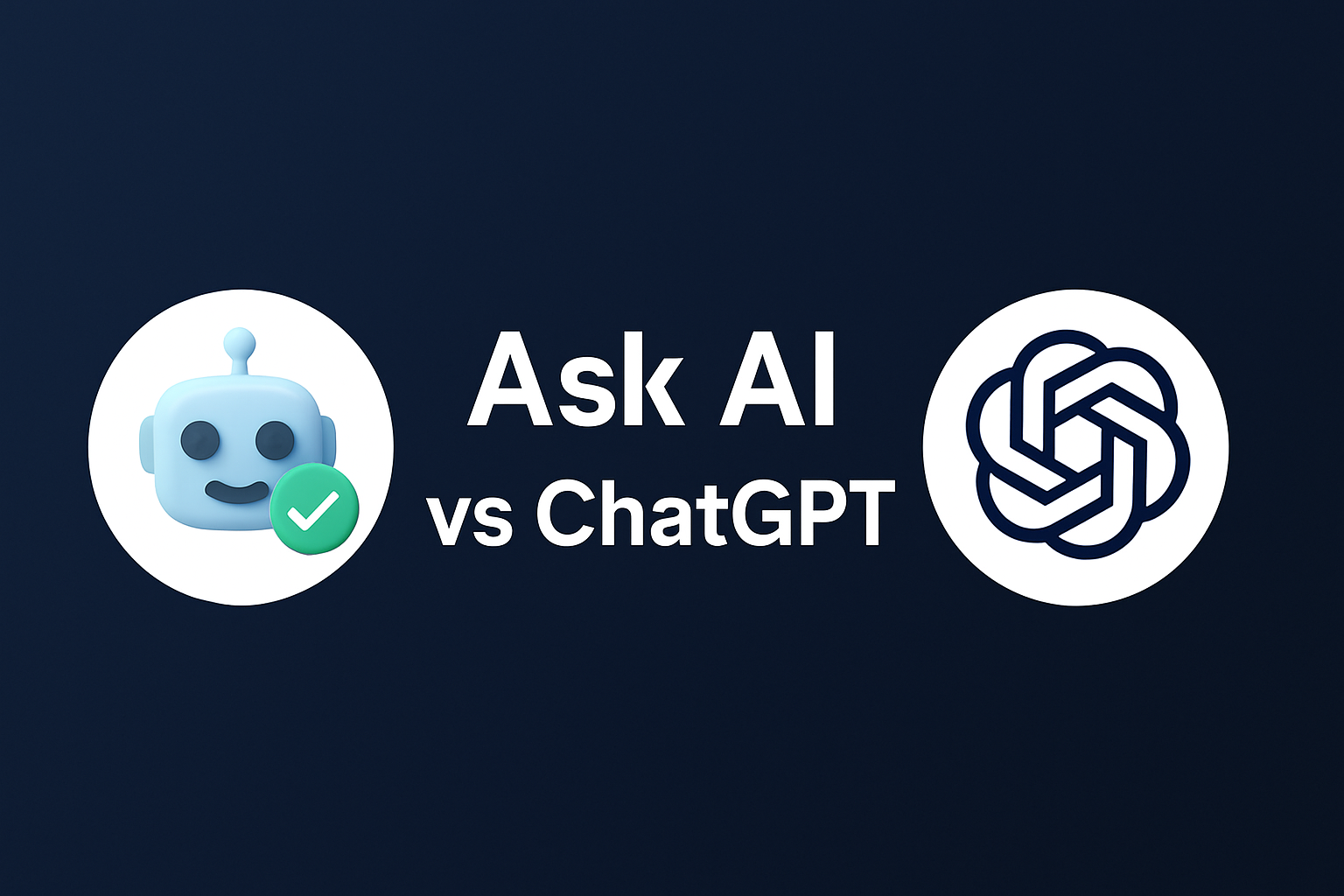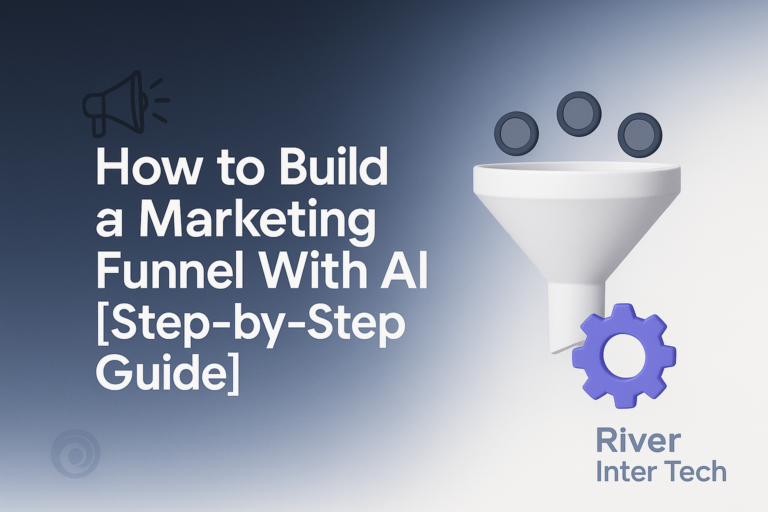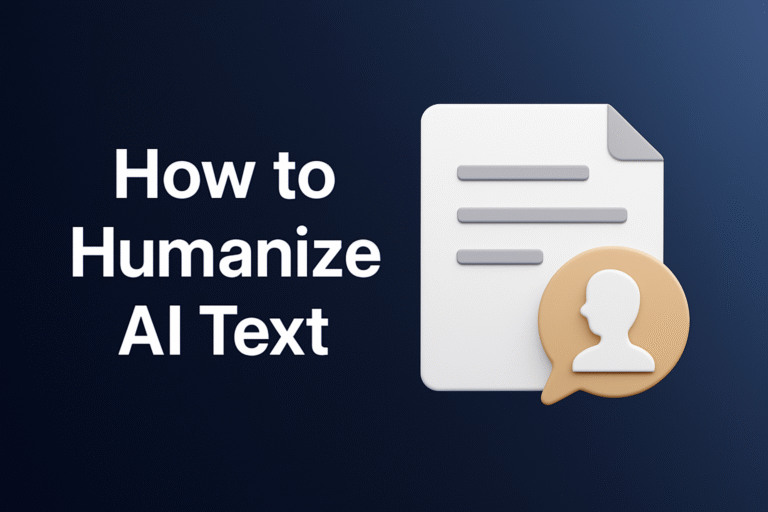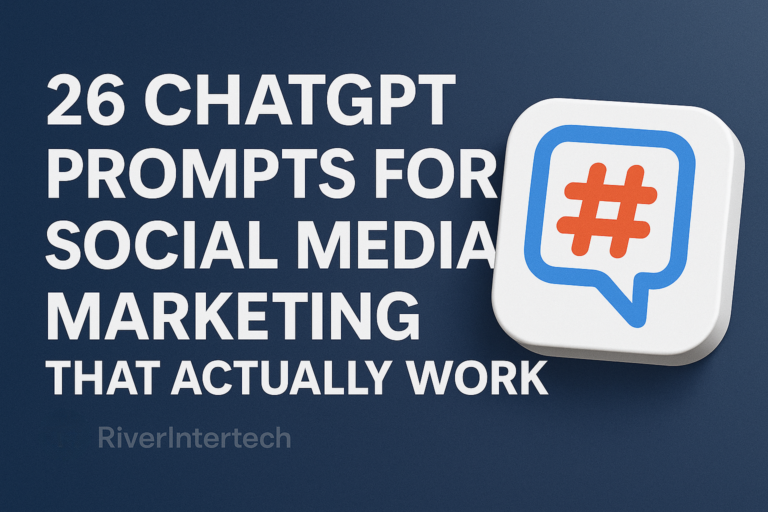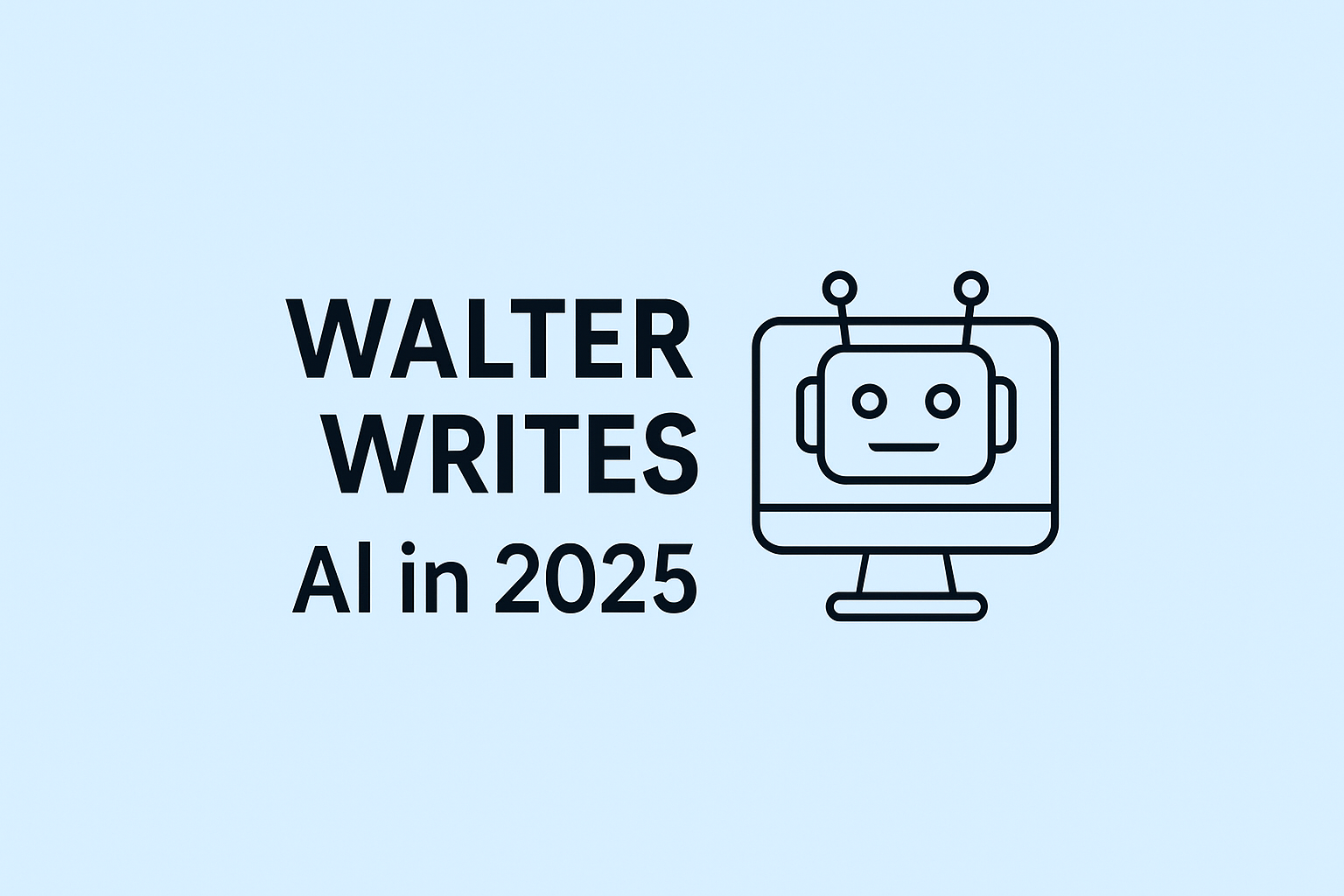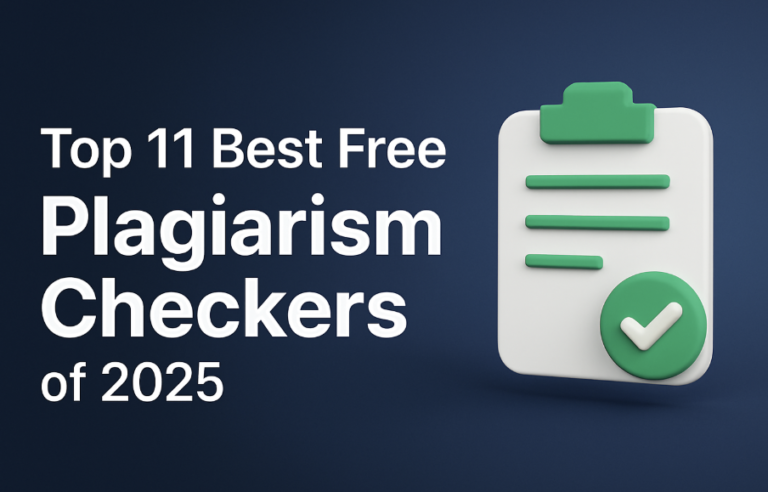ChatGPT or Ask AI? A Head-to-Head Comparison for Academic Writers
A recent survey showed that 65% of researchers worry about citation accuracy when they use AI writing tools. This is a real problem.
Fake or “hallucinated” references can harm your credibility and waste your time. So, what if there was an AI that actually helped you write research papers, using real sources, without all that double-checking?
Let’s compare Writefull’s Ask AI vs ChatGPT and see which one is actually better for academic writing.
How Does Writefull’s Ask AI Compare to ChatGPT for Research Writing?
At first glance, both Ask AI and ChatGPT help you write fast. They generate answers to almost any question. But when your work depends on facts, sources, and academic style, the details matter a lot.
Writefull’s Ask AI is different from regular AI chatbots. It is built for research and academic writing. It works inside Microsoft Word, so you can select your text and ask for feedback right there.
This tool uses real sources—like PubMed and CORE—to back up its answers. You get context-aware feedback that matches your document. You can even check the abstracts of the references it suggests.
ChatGPT, on the other hand, is a general-purpose AI. It is great with plain writing and answering broad questions. But it is not tuned for academic depth. In fact, about 35% of academic references ChatGPT generates are fake or cannot be traced. Many researchers say they spend too much time fact-checking its outputs.
Experts say that traceable sources are key for trust. Dr. Brian Nosek from the Center for Open Science put it best: “AI tools for academic writing must provide traceable, real-world sources. Hallucinated references undermine trust.” This is one reason more researchers are moving away from generic AI chatbots, especially when accuracy is non-negotiable.
What Is Ask AI?
Let’s be clear—Ask AI is not just another chatbot. Writefull launched this assistant in 2023, focusing directly on scholars, scientists, and students. It is trained on scientific literature, not just random web data. That means it can cite real studies and answer technical questions that ChatGPT often stumbles on.
Ask AI lives inside Writefull for Word, and also appears as TeXGPT for Overleaf users (for those who work in LaTeX). It supports structured prompts—like “Summarize these methods in 150 words”—with a level of detail you rarely see in other tools.
It pulls from trusted databases like PubMed, CORE, and arXiv, letting you ask about the text in your document and returning answers with actual citations.
Community reviews on Reddit and academic forums have praised Ask AI for its referencing. For example, one user said, “Ask AI’s real references saved me hours.” This is a sentiment echoed across many research-focused communities.
According to Dr. Ana Aguilar, a science editor at Elsevier: “Ask AI’s integration with academic databases makes it more trustworthy for manuscript drafting.” When trust and efficiency are priorities, database integration is a game-changer.
Is Writefull’s Ask AI Better for Research Than ChatGPT?
Let’s look at the numbers. In recent blind tests, Ask AI produced correct citations 94% of the time. ChatGPT only managed 61%.
For pure speed in answering simple questions, ChatGPT is a bit faster. But for research tasks—like drafting a methods section, summarizing literature, or improving your manuscript’s structure—Ask AI comes out on top.
When you need to format your paper in IMRaD style (Introduction, Methods, Results, Discussion), Ask AI does this automatically. With ChatGPT, you have to give more instructions and check if the output fits academic standards.
Peer review editors have noticed the difference, too. Dr. Priya Narayan, a peer review coordinator, shared, “For methodological summaries, Writefull’s Ask AI consistently outperforms ChatGPT in both accuracy and nuance.”
When it comes to handling tough, technical topics, the community on Quora and Reddit also gives the nod to Writefull’s Ask AI. It holds up well when you need depth, clarity, and evidence-based answers.
Getting Started with Ask AI and ChatGPT
Trying these tools is easy. Ask AI is available through Writefull’s web dashboard or as a Microsoft Word add-in. You get a free trial with 10 queries and paid plans starting at $9 per month. Institutions can also get group discounts.
ChatGPT, on the other hand, is free for basic use. If you upgrade to ChatGPT Plus, you’ll pay $20 per month for the latest GPT-4 model.
For most academic users, it is smart to test both tools side by side using the same prompts from your field. As one grad mentor, Prof. Linda Wang, put it: “Test-drive AI tools on low-stakes writing to find your best fit.”
Start with a draft that isn’t too important, ask the same question to both tools, and see which gives more accurate and useful answers. This helps you get a feel for which one meets your needs before you use it on a big grant or thesis chapter.
Ask AI vs. ChatGPT: Head-to-Head Comparison
Let’s see how these two AI assistants stack up on real research and editing tasks. Here’s a simple breakdown, plus a sample checklist you can use when evaluating the tools.
1. Doing Research
A short comparison reveals:
- What makes a good analysis?
- Ask AI lists clear objectives, connects to literature, and highlights methods, transparency, and ethics.
- ChatGPT focuses more on structure and clarity but skips depth.
- What are case studies and why are they useful?
- Ask AI talks about theory advancement and how case studies push academic inquiry.
- ChatGPT covers critical thinking but misses the research impact.
- What makes a good questionnaire?
- Ask AI links every question back to research goals.
- ChatGPT talks about clarity and order but doesn’t tie questions to research objectives.
2. Methods
Both tools can explain methods well when the prompt is technical enough. Ask AI gives a bit more on ethics.
- Visualizing survey data: Both tools list good techniques for showing longitudinal data. ChatGPT sometimes lists more tools, but both are thorough.
3. Revising Text
- Improving an abstract: ChatGPT suggests edits for language and structure. Ask AI urges you to highlight your study’s contribution and evidence, which is vital for serious journals.
- Improving a conclusion: ChatGPT fixes grammar, but Ask AI suggests organizing ideas: first findings, then implications, then future research. This helps your paper feel more complete.
- Enhancing research objectives: Ask AI recommends citing real studies and giving examples of impact. ChatGPT stays more general and often misses specific, evidence-based details.
4. Citation Accuracy
Ask AI links sources and gives real DOIs. ChatGPT often invents references. In a mini-case on CRISPR, Ask AI found three real studies while ChatGPT made up plausible but fake reference details.
5. Workflow for Revisions
Writefull’s revision mode checks grammar, academic style, and discipline-specific terms. ChatGPT can fix grammar, but misses subtle academic cues.
Visual Guide: Citation Accuracy Chart
Here is a quick look at how Ask AI and ChatGPT compare on citation accuracy:
| Tool | Citation Accuracy (Writefull 2024 Benchmark) |
|---|---|
| Ask AI | 94% |
| ChatGPT | 61% |
Feature Comparison Table
| Feature | Ask AI (Writefull) | ChatGPT |
|---|---|---|
| Real reference links | Yes | No (often fake) |
| Database integration | PubMed, CORE, arXiv | None |
| Auto-IMRaD formatting | Yes | No |
| Revision tools for style | Yes | Basic (grammar) |
| Price | $9/mo (10 free) | Free/$20/mo |
Final Thoughts and Next Steps
If you want to publish in top journals, save time on editing, and avoid the pain of checking every single reference, Writefull’s Ask AI is a strong choice. It pulls real data from trusted sources, formats your documents, and checks your style.
ChatGPT is a solid tool for basic drafting and brainstorming, but it is less reliable for research-heavy work.
Frequently Asked Questions
Is Ask AI the same as ChatGPT?
No, they focus on different kinds of outputs. Ask AI is designed for academic and research writing, while ChatGPT is a general-purpose AI.
Does ChatGPT hallucinate academic references?
Yes. In benchmarks, ChatGPT made up 35-40% of references.
Can Ask AI be used for subjects outside science?
Yes, but it is best for research and evidence-based writing.
Is Ask AI free?
You get 10 free queries. Paid plans start at $9/month.
Is my data private with Ask AI?
Writefull follows GDPR and does not keep your texts long-term.
Can I use these tools for my thesis?
Yes, but always check your institution’s AI and academic honesty rules.
Is ChatGPT safe for confidential data?
Avoid sharing sensitive info. OpenAI may keep your prompts per their privacy policy.
Which tool is better for literature reviews?
Most researchers choose Ask AI for its reference integration.

